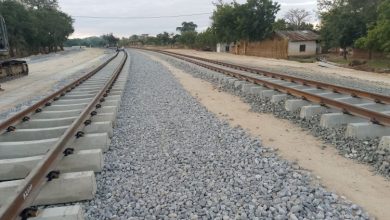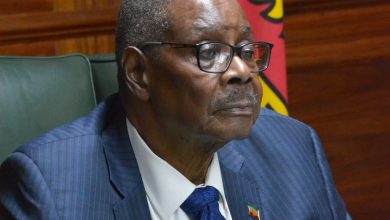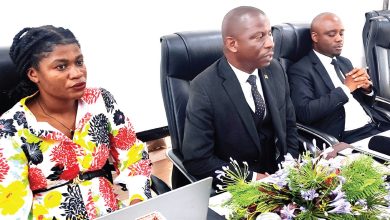Ecama study laments ‘sick’ state ventures
A trend analysis by the Economi c s As sociation o f Malawi (Ecama) has shown that many State-owned enterprises (SOEs) are depleting public wealth and increasing the government’s contingent liabilities.
The analysis, contained in the July 2025 Case Study Report on Transparency in Debt Accrued by State-Owned Enterprises in Malawi, examined the financial health and debt transparency of selected SOEs from 2016 to 2022.

The study found that return on assets, which measures how efficient an entity manages its assets to generate profits, remained low or negative in most SOEs, generating little to no returns on their assets and in some cases, it hovered near zero or dropped below zero for several consecutive years.
It further indicated that the return on equity, a measure of a firm’s ability to generate profits from its shareholder’s investments in the entity, showed high volatility and extended periods of negative returns, with several SOEs reporting significant losses.
This highlights the failure of these entities to generate profit for the government as a shareholder.
At the same time, several SOEs experienced fluctuating debt-to-asset ratios, of between 0.6 and one, reflecting a growing dependence on borrowing to finance operations and expansion and the urgent need for recapitalisation.
Reads the analysis in part: “Struggling SOEs can impede economic development. For instance, in Malawi, where SOEs are key providers of energy and water services, access to these utilities remains challenging.
“On the other hand, they increase the risk of government intervention through bailouts, subsidies, or debt guarantees, which strain the national budget.”
Ironically, Ecama’s key informant interviews with selected SOEs revealed that these entities primarily incur debt to fund their operations, infrastructure and growth, typically sourced from commercial bank loans or overdrafts, which may or may not be secured by government guarantees, depending on credit assessments.
“However, some loans are guaranteed without a thorough evaluation of the SOEs’ fiscal health or repayment capacity, which can result in increased fiscal risk if these SOEs default.
Such defaults may lead to government bailouts,” reads the study in part.
In the first half of the 2020/21 fiscal year, for instance, the Government of Malawi issued a one-off debt guarantee of K22 billion to Admarc Limited to facilitate the purchase of commercial crops for resale.
Consequently, the total government guaranteed debt rose to K175.9 billion by the end of December 2020, from the K159.50 billion reported in June 2020.
Ironically, a Ministry of Finance and Economic Affairs credit risk assessment conducted on 10 SoEs between March 2022 and March 2024 showed that majority of the enterprises are compelled to use loans to augment working capital requirements.
The assessment also showed that majority of the SoEs are beneficiaries of government guarantees and on-lending arrangements with limited debt payment capacity, exposing government to higher fiscal costs and risks.
Government guarantees and on-lending arrangements are mechanisms used by government to support public enterprises or other entities in securing financing when private lenders are hesitant.
The assessment further shows that as at March 2024, the present value of expected losses of the government from the entities, was K222.9 billion mostly to be
in loan default and subsequent government bailout with challenges on debt repayment highly likely to continue in the coming years.
Comptroller of Statutory
Corporations Peter Simbani conceded that SoEs have been looking up to government for bailouts, which is not sustainable in the long-run as government has many other priorities requiring resources.
He said: “When the resources are not available to the entities, its operations and further growth are affected.
“It is important that the respective SOEs should come up with turn-around strategies that will transform them from being loss-making to profit-making entities that will enable them to start settling their liabilities.”
Minister of Finance and Economic Affairs Simplex
Chithyola Banda earlier urged parastatals to explore and implement activities that have the potential to grow their revenue base, saying it was the expectation of government that SOEs should go beyond delivery of quality service to Malawians to remit dividends to Account Number One.
The Malawi Government developed the Dividend and Surplus Policy for statutory corporations in 2019, requiring commercially-oriented SOEs to strive to be efficient and effective as they are required to operate on a private sector model to ensure their long-term financial sustainability.





